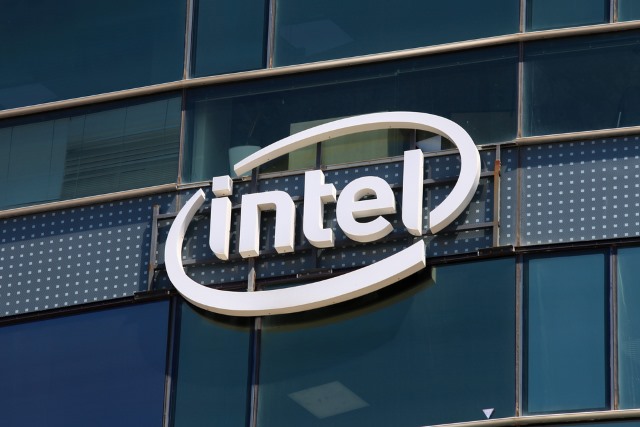A company reborn: Intel ditches Atom chips to focus on the cloud, the Internet of Things and 5G

Big changes are afoot at Intel. A spokeswoman has confirmed that the company is scrapping its Sofia and Broxton mobile Atom chips, and will instead shift focus to more profitable ventures. Having invested billions of dollars in Atom for smartphones and tablets Intel is now switching its attention to the world of connected devices.
Giving Atom chips the chop comes just after the company announced 12,000 job cuts and effectively walked away from the PC market. In moving away from mobile devices as well, Intel is undergoing a rebirth. It is looking to focus on key areas of growth, particularly the cloud and IoT as well as 5G, memory, and data center products.
Intel says that the change to its core strategy is accelerating: "Our strategy itself is about transforming Intel from a PC company to a company that powers the cloud and billions of smart, connected computing devices". But what does a future look like for Intel with no PCs, no smartphones, and no tablets?
In an editorial on the Intel blog, CEO Brian Krzanich outlined the five areas he believes should be the focus for the future:
- The cloud is the most important trend shaping the future of the smart, connected world -- and thus Intel's future.
- The many "things" that make up the PC Client business and the Internet of Things are made much more valuable by their connection to the cloud.
- Memory and programmable solutions such as FPGAs will deliver entirely new classes of products for the data center and the Internet of Things.
- 5G will become the key technology for access to the cloud and as we move toward an always-connected world.
- Moore's Law will continue to progress and Intel will continue to lead in delivering its true economic impact.
A focus on connected devices makes sense. The IoT is only in its infancy at the moment, and it's something that is only going to get bigger. The decision to focus on 5G shows that Intel has its sights set very much on the future -- once rolled out, the technology will be at home in a huge range of devices that require connectivity and fast data throughput.
Accoring to some reports, Intel is also planning to drop Cherry Trail, but this is not correct. In a statement to BetaNews Intel said:
We are not cancelling Cherry Trail, as some have assumed. We will continue to ship Cherry Trail Atom x5 and x7. We will also work with OEMs to develop new 2in1s based on Apollo Lake and of course Core M for detachable 2in1s.
But while billions may have been frittered away on mobile chips that Intel is no longer interested in, the company is not stepping away from chips completely. Its Xeon server chips will continue to be a mainstay, particularly as new data center products are developed.
Intel just got interesting again.
Photo credit: StockStudio / Shutterstock
